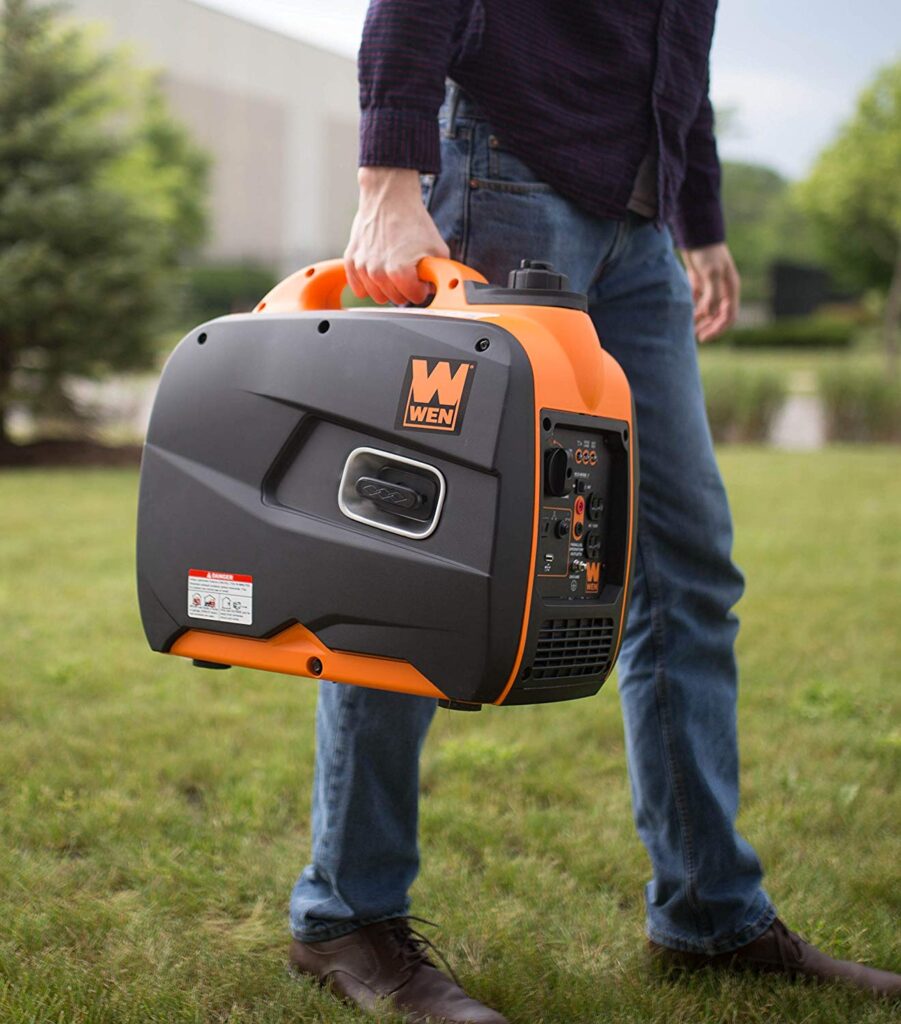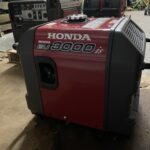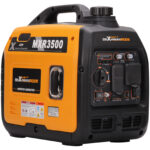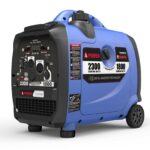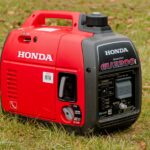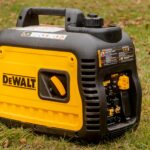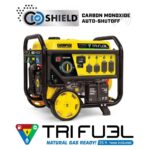Are you looking for a way to open up a world of possibilities when camping? A camp generator is the ideal solution! With the right generator, you can power your electronics, appliances, and other essential items while you’re away from civilization. From providing light and heat to charging cell phones and powering appliances, a camp generator can help make your camping trips more enjoyable and comfortable. Unlock a world of possibilities with a camp generator today!
Portable Generators
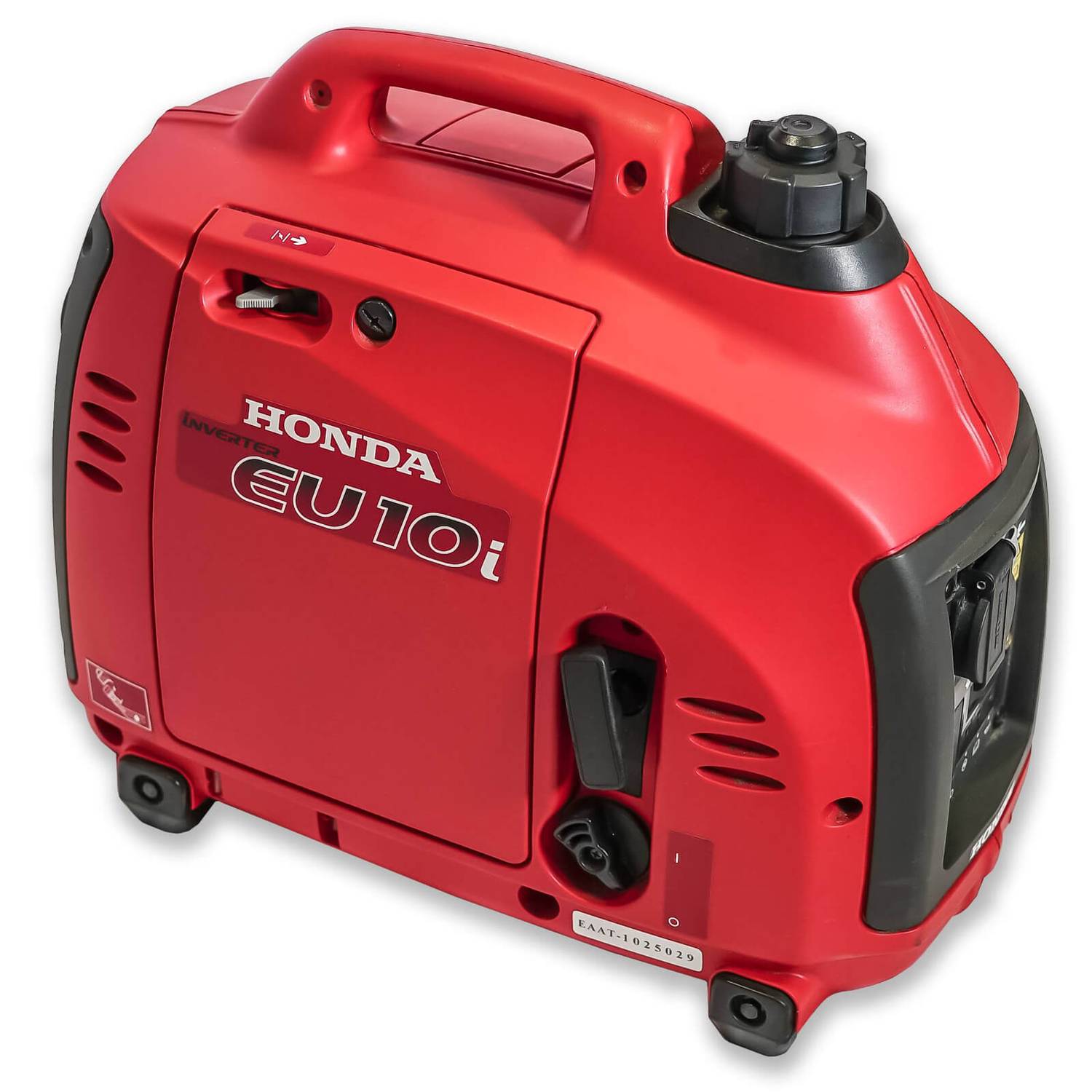
Portable generators are lightweight and compact, making them the ideal choice for camping and outdoor use. They are typically gas-powered and come with a variety of wattage outputs. They are easy to transport and can be used in a variety of locations.
Inverter Generators
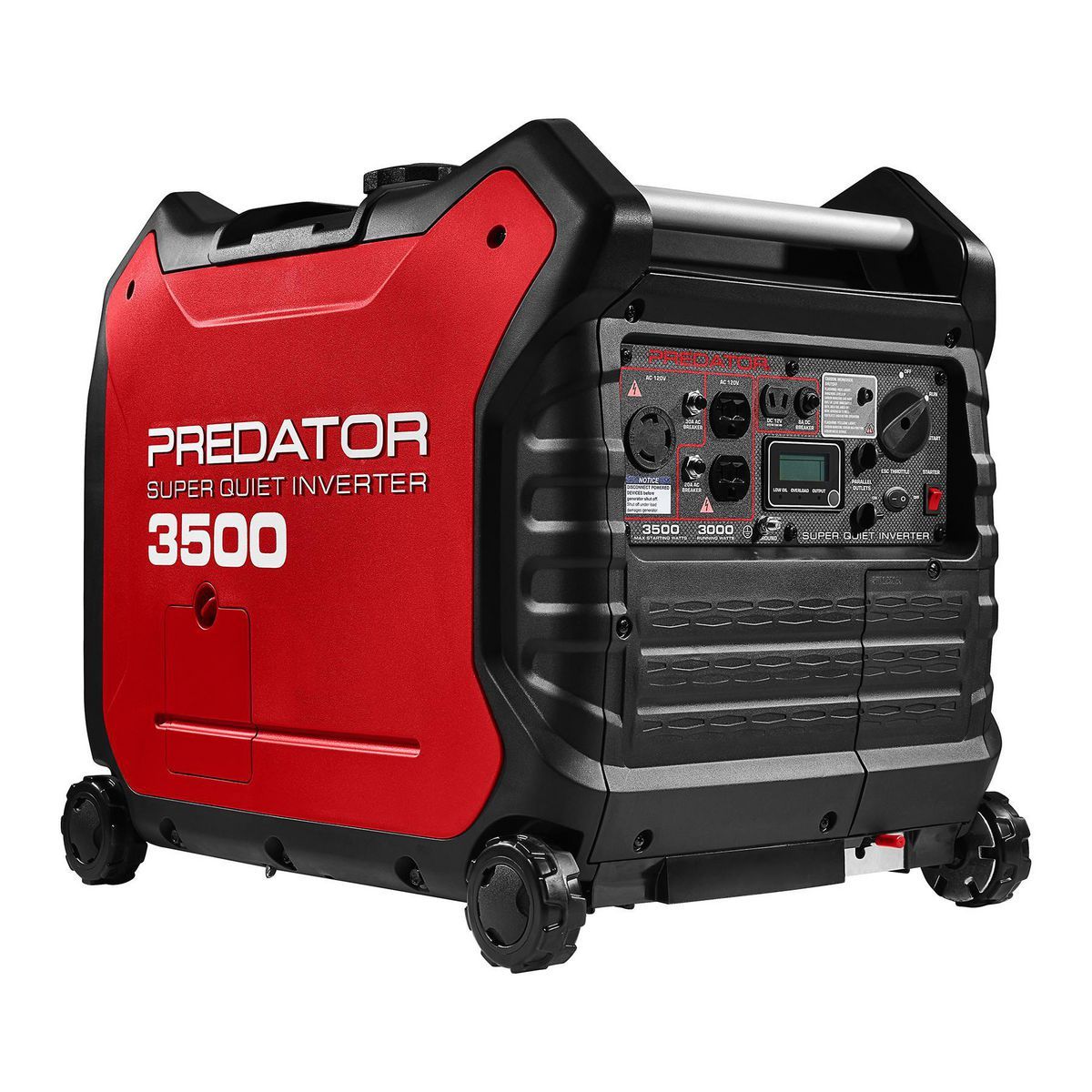
Inverter generators are larger than portable generators and are more efficient, producing cleaner power. They are usually powered by gasoline and are quieter than portable generators. They are also easier to maintain and are more fuel-efficient.
Gasoline Generators
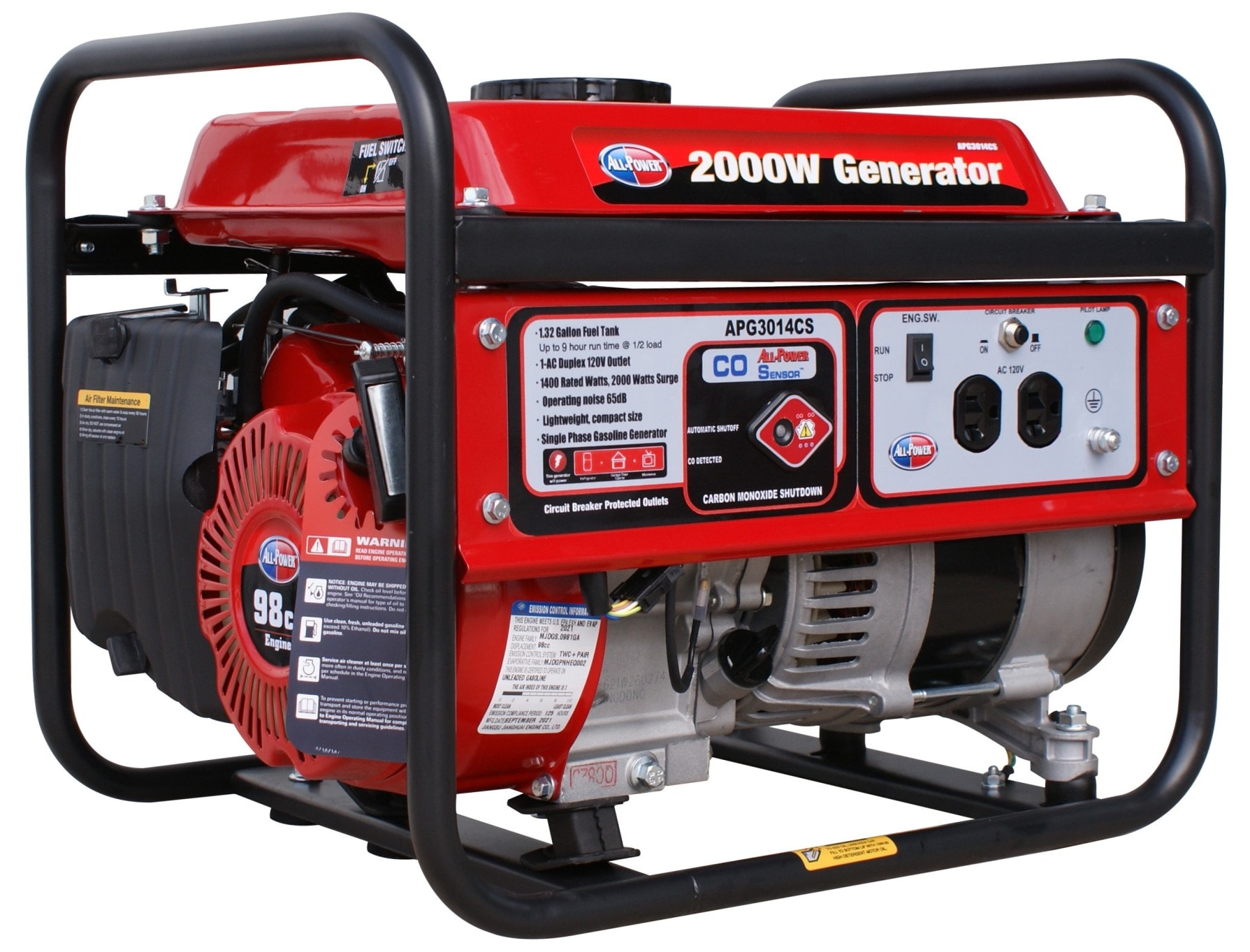
Gasoline generators are the most popular type of camp generator. They are powerful and reliable and come in a variety of wattage outputs. They are usually the most affordable option and are easy to maintain.
Diesel Generators
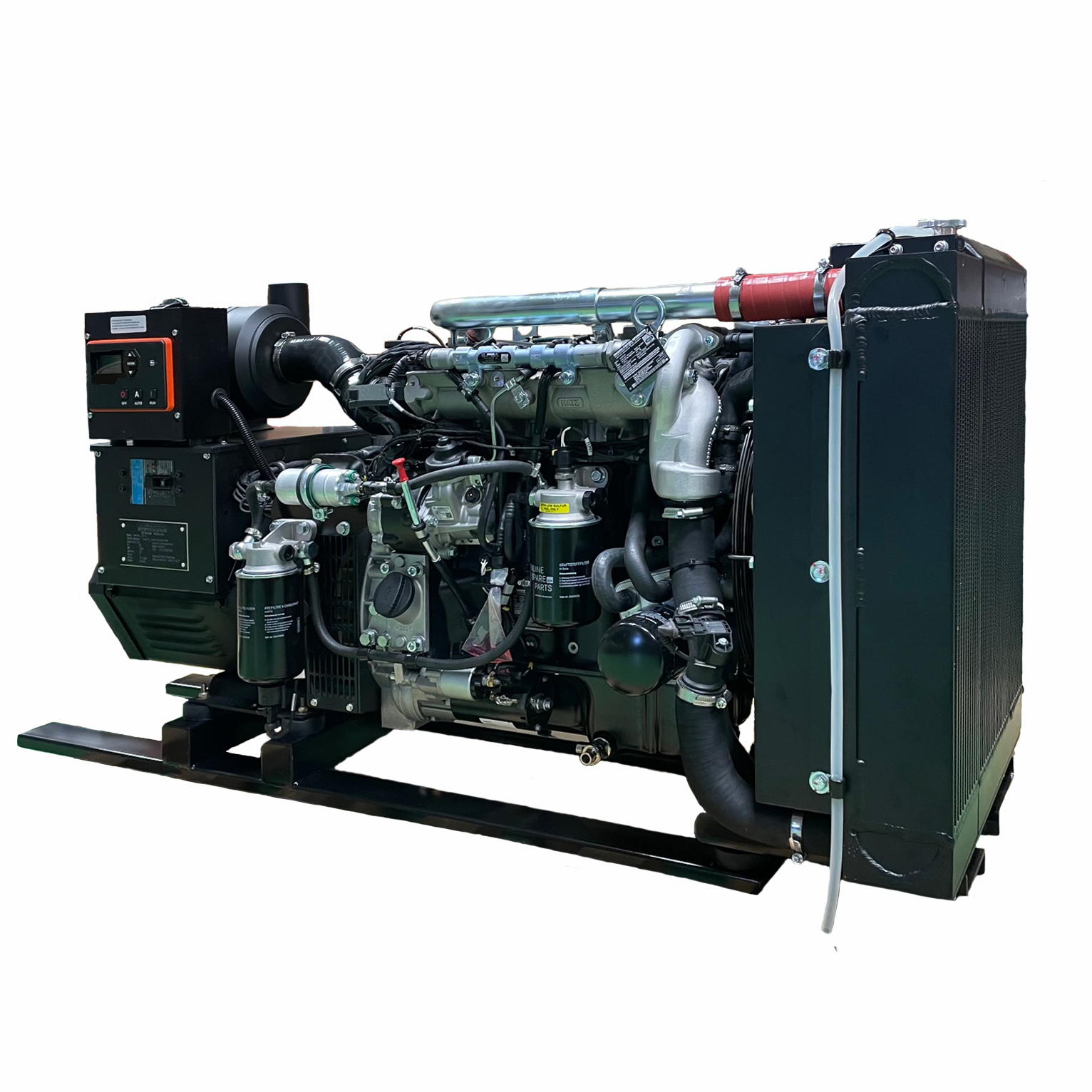
Diesel generators are the most powerful type of camp generator. They are reliable and durable and provide a higher wattage output than gasoline generators. They are more expensive, however, and require more maintenance.
Benefits of Camp Generators
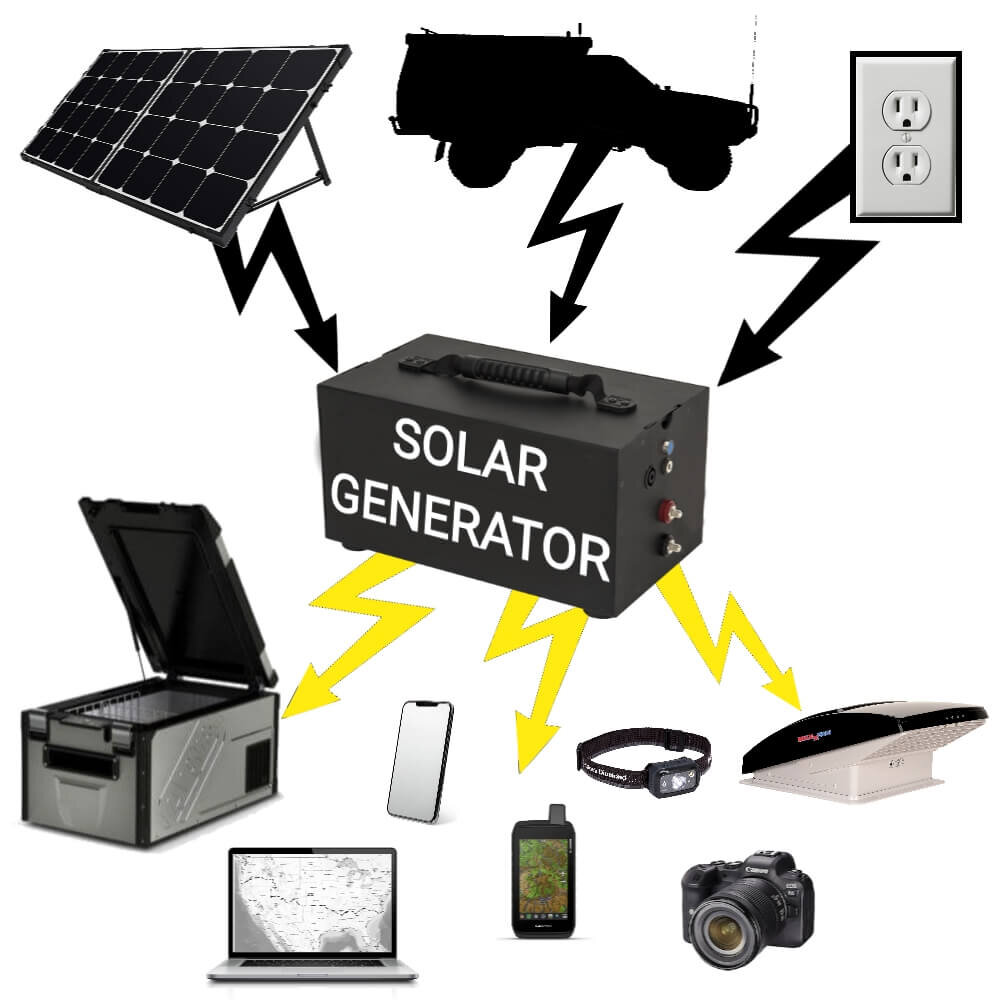
- Portable and easy to use.
- Provide power for camping, tailgating, or emergency situations.
- Allow for the use of a variety of electrical appliances, such as televisions, microwaves, and laptops.
- Can be used to charge devices such as cell phones, tablets, and cameras.
- Reduce the need for traditional power sources, such as a campfire.
- Can provide backup power in the event of an emergency.
- Noise levels are usually low and many are designed to be fuel efficient.
Power Output
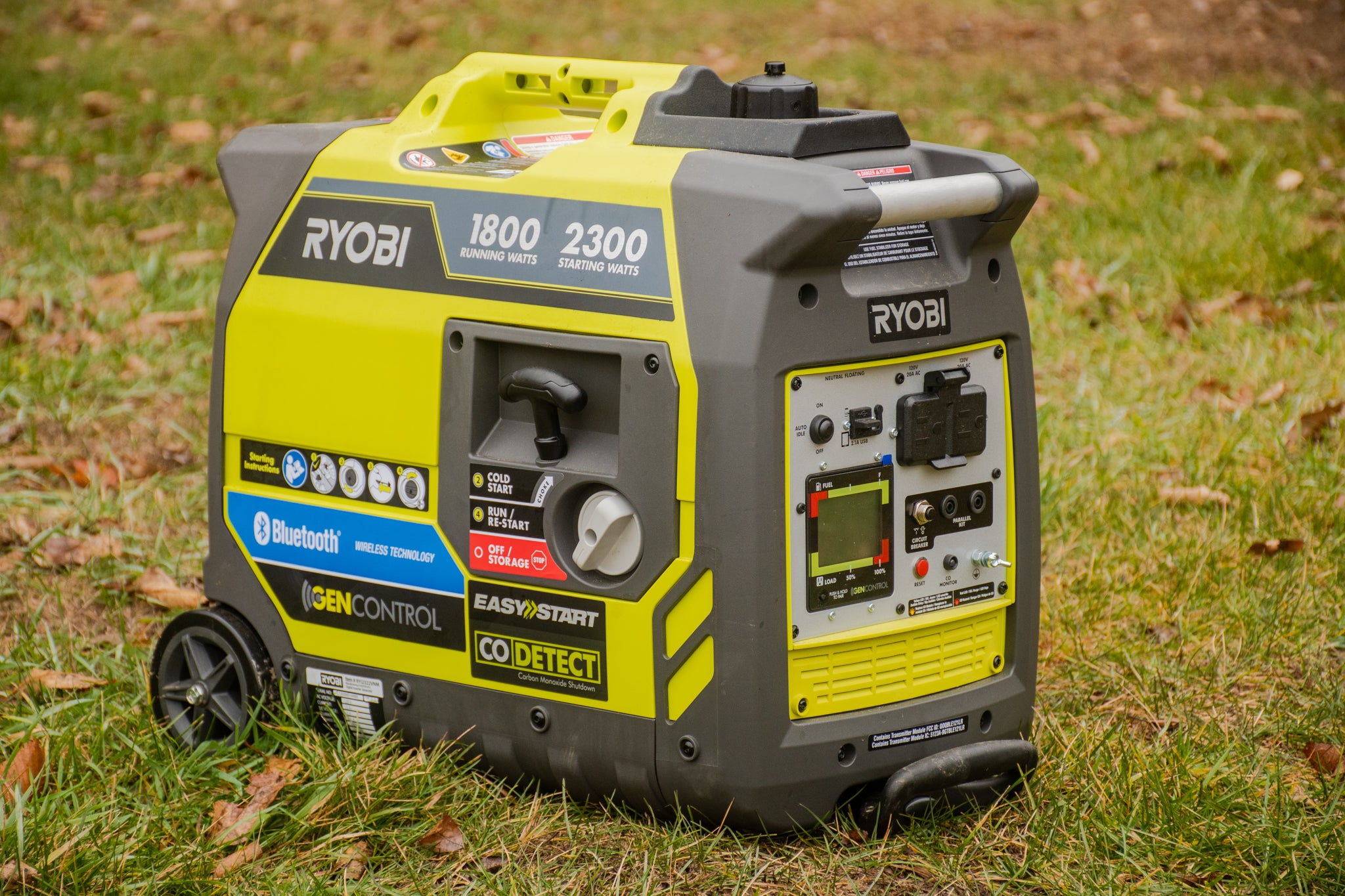
When selecting a camp generator, it is important to consider the power output. The wattage of the generator should be sufficient for the items you plan to power. If the wattage is too low, the generator will not be able to power all of your desired items. Consider the wattage of the generator and if it is sufficient for your needs.
Size and Weight
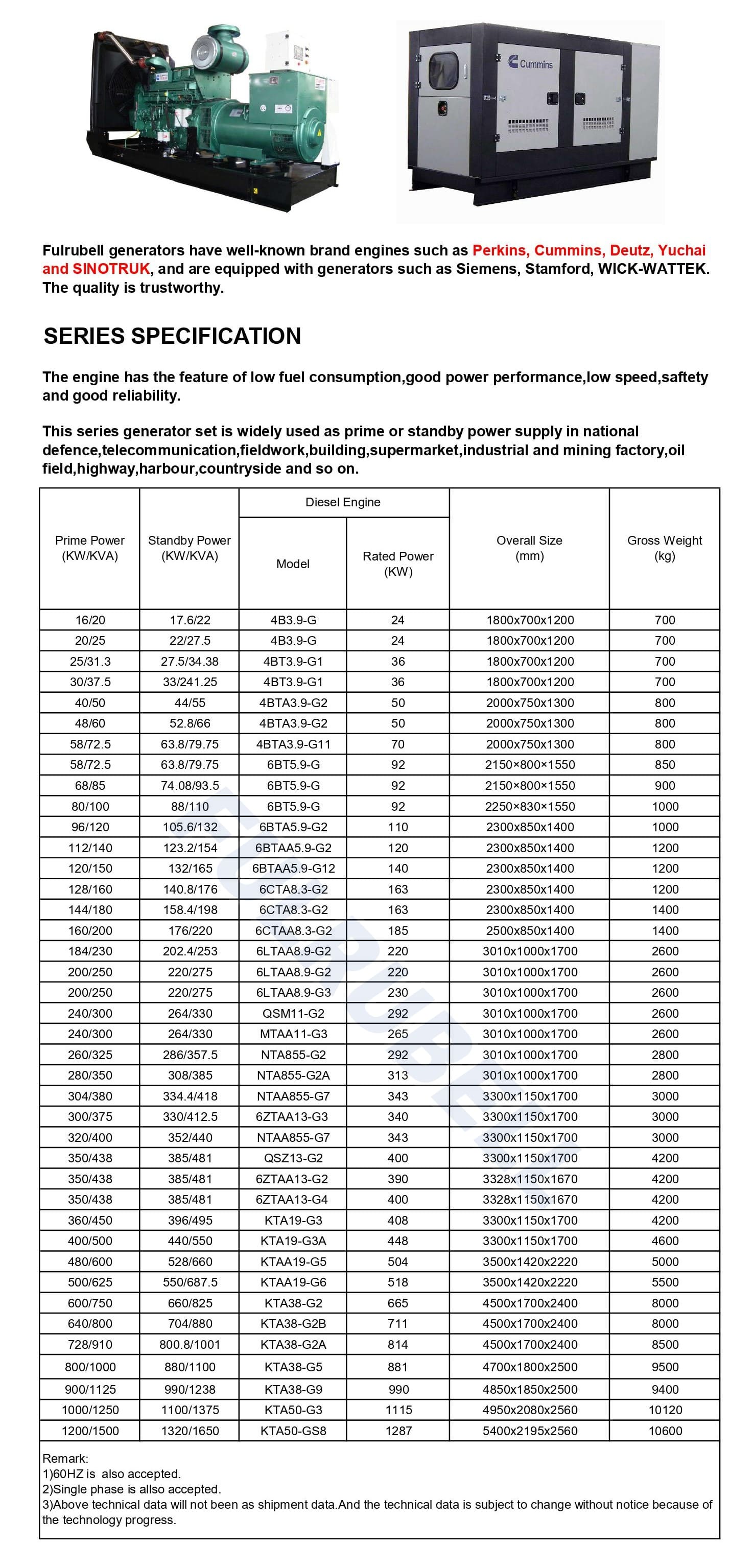
Another important consideration when choosing a camp generator is the size and weight. Generators can range in size from small, portable units to larger, more permanent units. Consider the size and weight of the generator and if it is suitable for your camping needs. Make sure the generator is easy to transport and will fit in the desired location.
3 Fuel Type
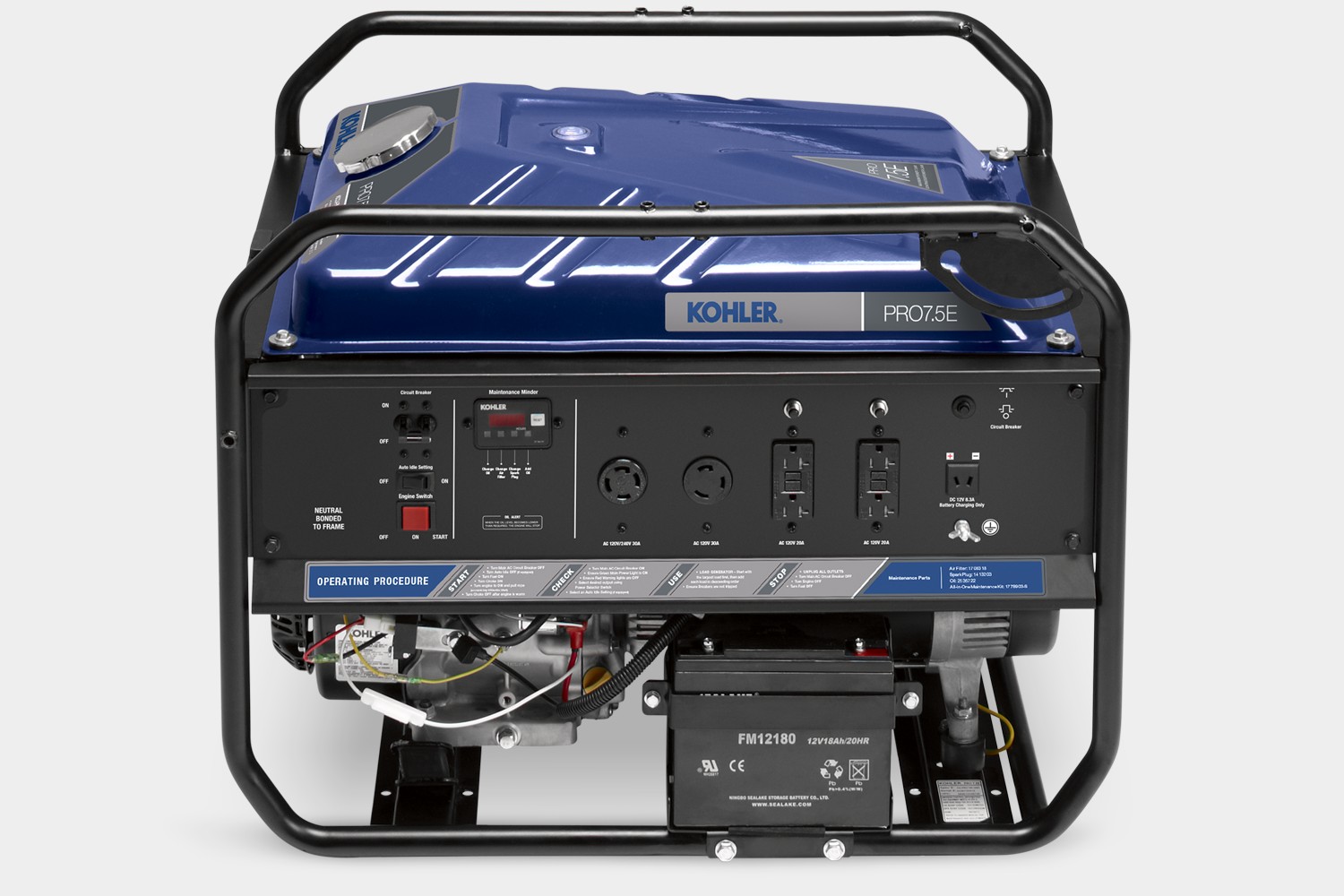
Camp generators are available in three main types of fuel: gasoline, diesel, and propane. Gasoline is the most popular choice for camp generators, as it is easy to find and relatively cheap. Gasoline can come in regular or premium grade, with premium being slightly more expensive. Diesel is a popular fuel choice for camp generators, as it is more efficient and can often be found in bulk. Propane is also a good option, as it is clean-burning and easy to store.
4 Noise Level
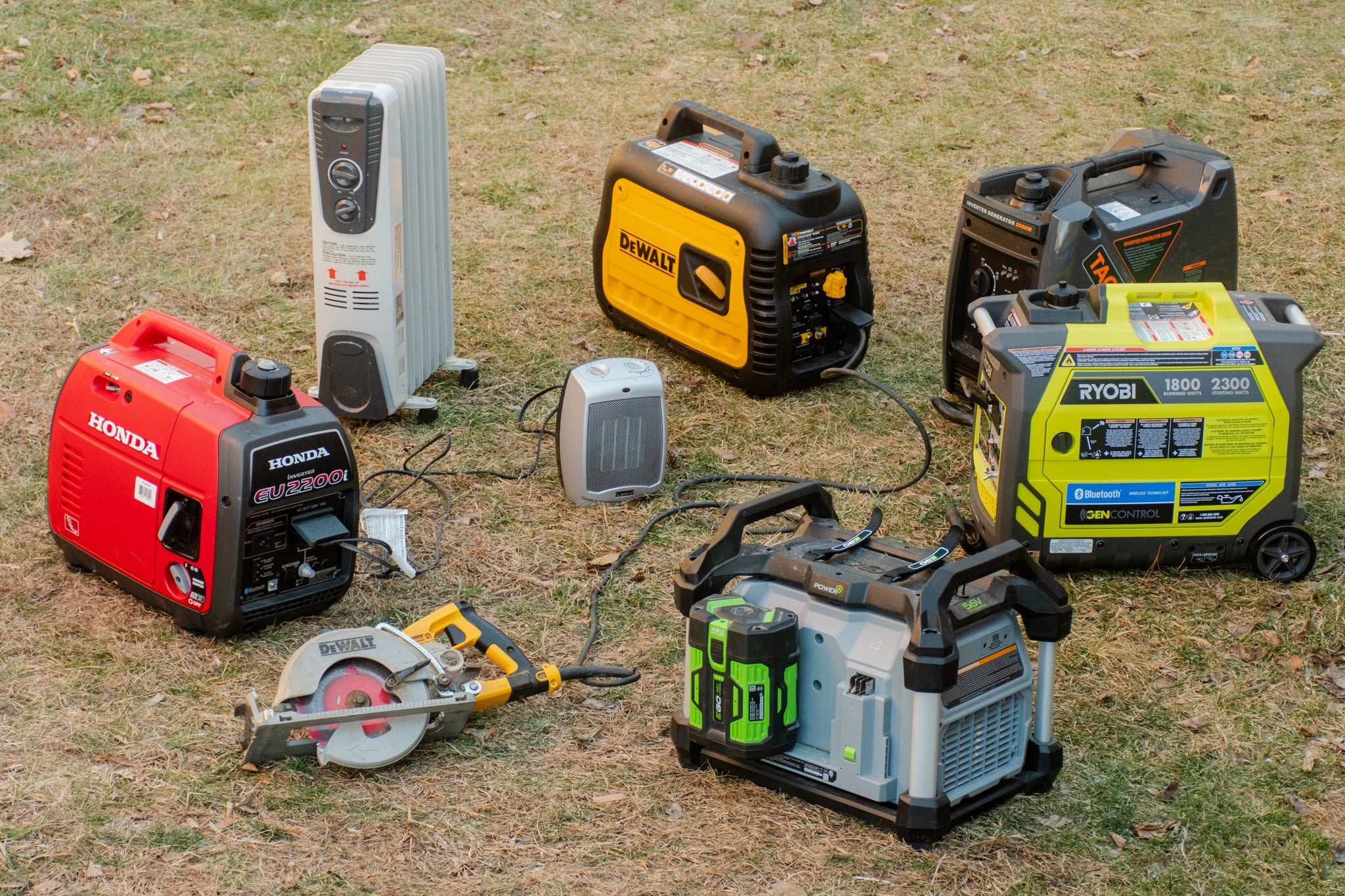
| Noise Level | Decibel rating |
|---|---|
| Very Quiet | 54 dB |
| Quiet | 59 dB |
| Moderate | 65 dB |
| Loud | 71 dB |
Noise level is a key consideration when choosing a camp generator. Generators usually come in four noise levels: very quiet (54 dB), quiet (59 dB), moderate (65 dB), and loud (71 dB). The higher the decibel rating, the noisier the generator.
5 Price
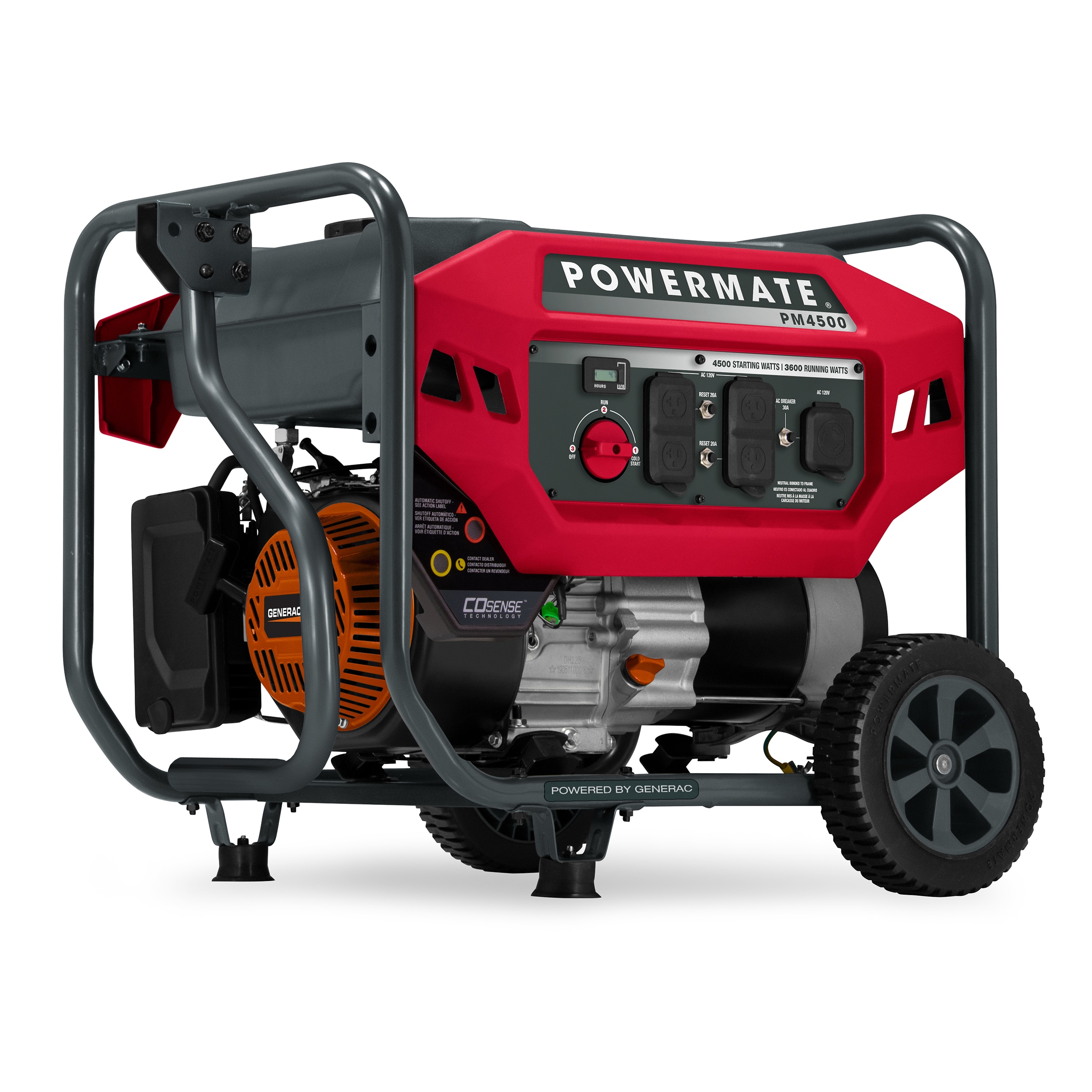
- Basic Camp Generator: $1,000
- Deluxe Camp Generator: $2,000
- Premium Camp Generator: $3,000
- Ultimate Camp Generator: $4,000
- Xtreme Camp Generator: $5,000
Comparison of Camp Generators
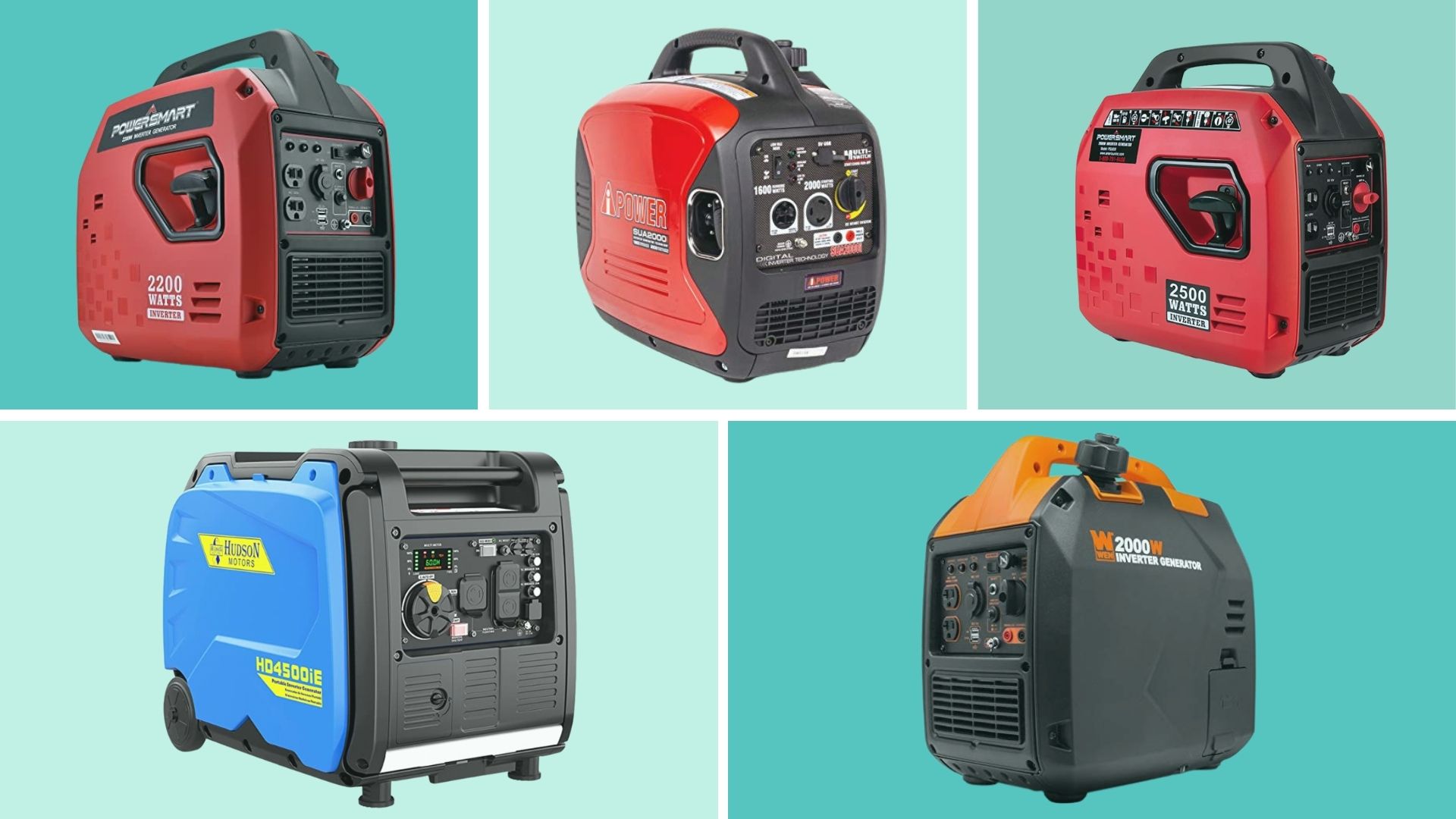
- Noise level – Some generators are quieter than others, so if you’re going to be in a quiet area, it’s best to check the noise levels of different models.
- Weight – Generator weight can be an issue for those who have to carry them to their campsite. Consider the weight of the generator when selecting one.
- Fuel type – Generators run on either gasoline, diesel, or propane. Gasoline is the most common, but diesel and propane offer longer run times and more power.
- Portability – Some generators are more portable than others. If you need to move the generator around, look at models with wheels or handles.
- Run time – Most generators can run for a few hours or days depending on the size of the fuel tank. Check the run time when selecting a generator.
- Price – Generators range in price depending on the type and size. Compare prices of different models to find the best deal.
- Maintenance – Regular maintenance is important for keeping a generator running. Check the manufacturer’s instructions to find out how often the generator needs to be serviced.
Safety Tips when Using a Camp Generator
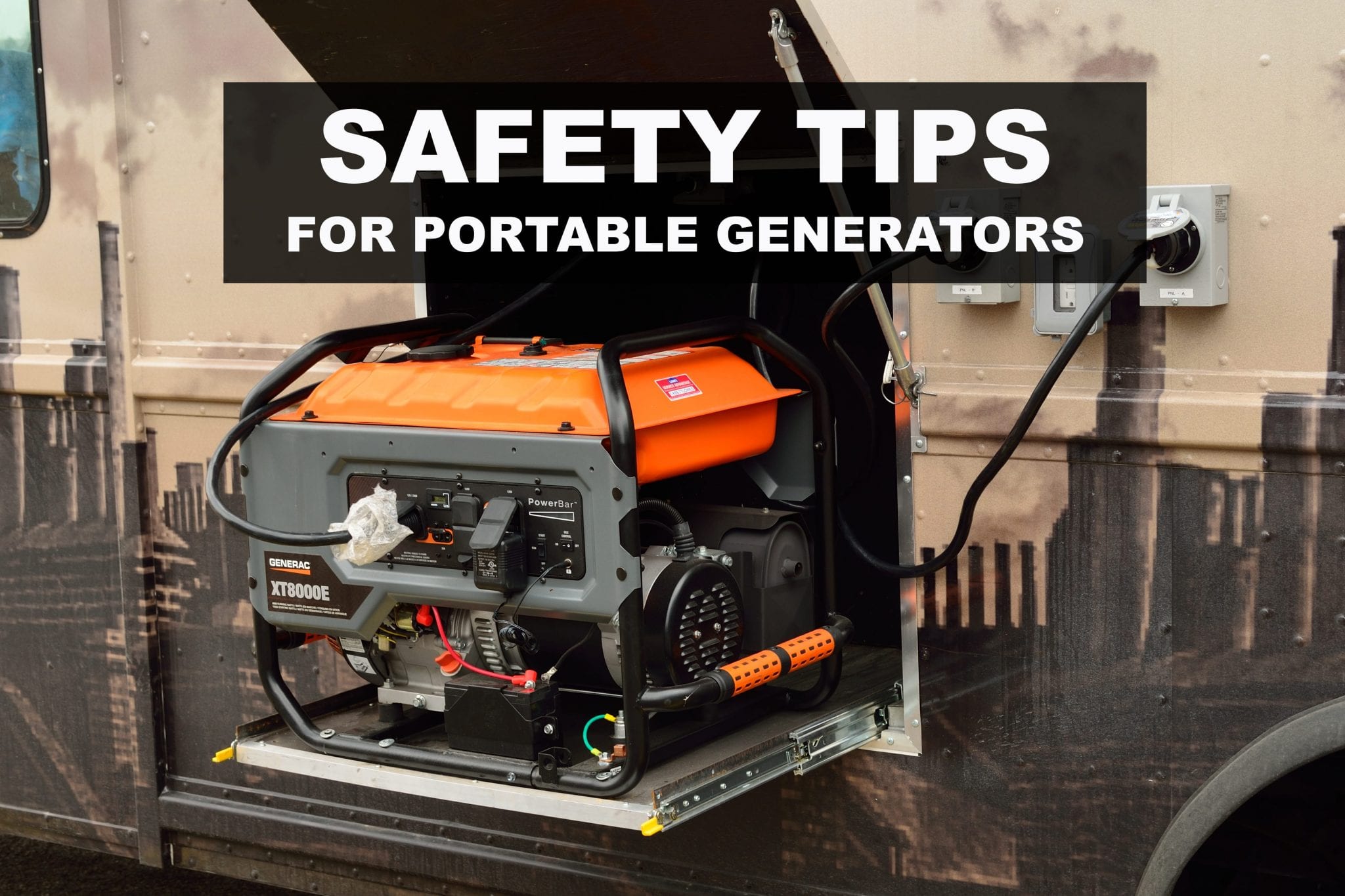
• Always read the instructions manual before operating the generator.
• Place the generator in a well-ventilated open area, away from buildings, vehicles, and combustible materials.
• Always maintain sufficient clearance from flammable materials and combustible gases.
• Make sure the generator is level and secure before operating.
• Ensure the generator is off before connecting to the power supply.
• Avoid plugging in any device with a higher wattage than the generator’s rated wattage.
• Always use a properly grounded extension cord for connecting to the power supply.
• Never overload the generator by connecting too many devices.
• Disconnect all appliances before turning off the generator.
• Unplug the generator before refuelling.
• Refuel the generator outdoors and in well-ventilated areas.
• Keep the generator dry at all times.
• Do not touch the generator while it is running.
• Always turn off the generator before leaving the campsite.
Maintenance Tips for Camp Generators
- Check the generator’s oil level regularly and change it when necessary.
- Check the generator’s air filter regularly and clean or replace it as needed.
- Check the spark plugs and replace them if they are worn or damaged.
- Check the fuel filter and replace it if clogged.
- Keep the generator clean and free of debris.
- Check the fuel lines periodically for cracks or leaks.
- Check the generator’s battery for corrosion and clean it as needed.
- Check the generator’s exhaust system for signs of wear or damage.
- Check all electrical connections for loose or corroded terminals.
- Check the generator’s voltage regulator and replace it if it is worn or damaged.
Pros and Cons of Camp Generators
Pros:
1. Portable and easy to transport: Camping generators are lightweight and highly portable, making them easy to transport and carry around.
2. Reliable source of power: Camping generators offer a reliable source of power for camping trips and outdoor activities.
3. Versatile: Camping generators can be used to power a variety of devices, from laptops to phone chargers.
4. Durable: Camping generators are designed to be durable and withstand the elements.
Cons:
1. Expensive: Camping generators can be expensive, depending on the model and size.
2. Loud: Camping generators can be loud, depending on the model.
3. Fuel consumption: Camping generators can consume a lot of fuel, depending on the size and power output.
4. Risk of carbon monoxide poisoning: Camping generators can produce carbon monoxide, which can be dangerous in enclosed spaces.
Frequently Asked Questions
What is the best camping generator to unlock a world of possibilities?
When choosing a camping generator, the most important factors to consider are portability, power output, noise level and fuel efficiency. The best camping generator for most people is the Honda EU2200i. It is lightweight, quiet, fuel-efficient, and produces enough power to run multiple devices and appliances. It also comes with an inverter that allows you to safely use sensitive electronics like laptops and phones. With the Honda EU2200i, you can unlock a world of possibilities for your camping trips.
What is the best portable generator for camping?
Portable generators are an excellent choice for camping due to their convenience and portability. They offer a good balance of power and size and are perfect for powering campers, recreational vehicles, cabins, and other small to mid-sized camping needs. The best portable generator for camping should have a power output that is sufficient to provide the needed power, while being light and portable enough to move around with ease. They should also be reliable and provide a good value for the money. Popular models include Honda, Yamaha, Generac, and Champion.
What is the best small generator for camping?
Portable generators are a great way to stay powered while camping. When considering which type of generator to get, it is important to consider the size, weight, and noise level of the generator. Small generators are ideal for camping as they are lightweight, easy to transport and don’t create much noise. Popular small generators for camping include the Honda EU2200i, the Yamaha EF2000iSv2, the WEN 56200i, and the Champion 3400-Watt. These generators offer a range of features such as fuel efficiency, low noise levels, and long run times.
What is the best power generator for camping?
The best power generator for camping depends largely on the type of camping being done, as well as the number and type of electrical appliances or tools that need to be powered. Portable generators are the most common option for camping, with models ranging from small, lightweight units for powering a few small appliances to large, heavy-duty models for powering multiple large appliances or tools. Solar generators are also becoming increasingly popular for camping, as they are silent, emissions-free, and require no fuel.
What is the best gas powered generator for camping?
Gas powered generators are the most common and reliable type of generator for camping. They offer a good balance between portability, power output and affordability. The best gas powered generator for camping depends on your specific needs, such as the type of appliances you plan to run and the amount of power you need. Some of the most popular generators include the Honda EU2200i, Champion 3400-Watt Dual Fuel Portable Inverter Generator, and the WEN 56200i. These generators offer a variety of features and power outputs to meet different needs.
Conclusion
Camp Generators are the ultimate way to take your camping experience to the next level and unlock a world of possibilities. No longer will you be limited to the campsite you are staying at or the range of gadgets you can use. With a generator, you can enjoy camping with all the amenities you would find at home, such as lights and fans, and even small appliances like microwaves and espresso makers. Investing in a camp generator is an excellent way to unlock the full potential of your camping trips.
